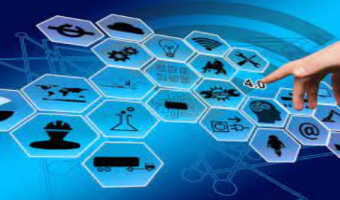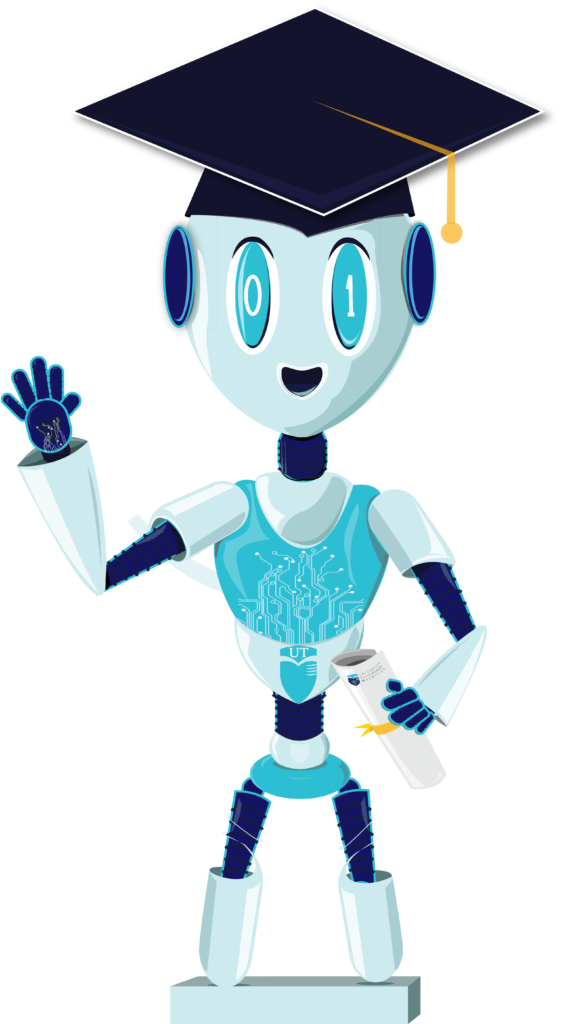MSc Business and Enterprise Systems
Career Prospects
- The aim of this ‘programme is to develop practical skills and critical awareness in relation to the state-of-the-art in business/enterprise systems integration (from a service oriented perspective). The practical elements of the course will be supported by Enterprise Class Open source ERP systems as well as other ERP systems such as SAP/Oracle etc.,. Broadly speaking, you will gain experience of ERP systems understanding, implementation methods and understand Business Processes and Technology Management. Consequently, one will get hands-on experience of technology and systems that will enhance employability.
Objectives
Model key aspects of business in an integrated and logical manner
Demonstrate a critical and practical understanding of the issues relevant to business systems integration and use in the context of modern business environments
Demonstrate a critical and practical understanding of Enterprise Resource Planning Systems (ERP) and the role they play in business systems integration
Demonstrate a critical and practical understanding of the professional skills necessary for effective business systems integration
Reflect, critically and in-depth, on relevant aspects of the state-of-the art of both the practice and theory of business systems integration
Requirements
- At least an Honours Degree or other qualifications (academic or professional) acceptable to the University of Technology, Mauritius with some mathematical or numerical analysis knowledge
Curriculum
9 Lessons1 year (FT) / 1.5 years (PT)







